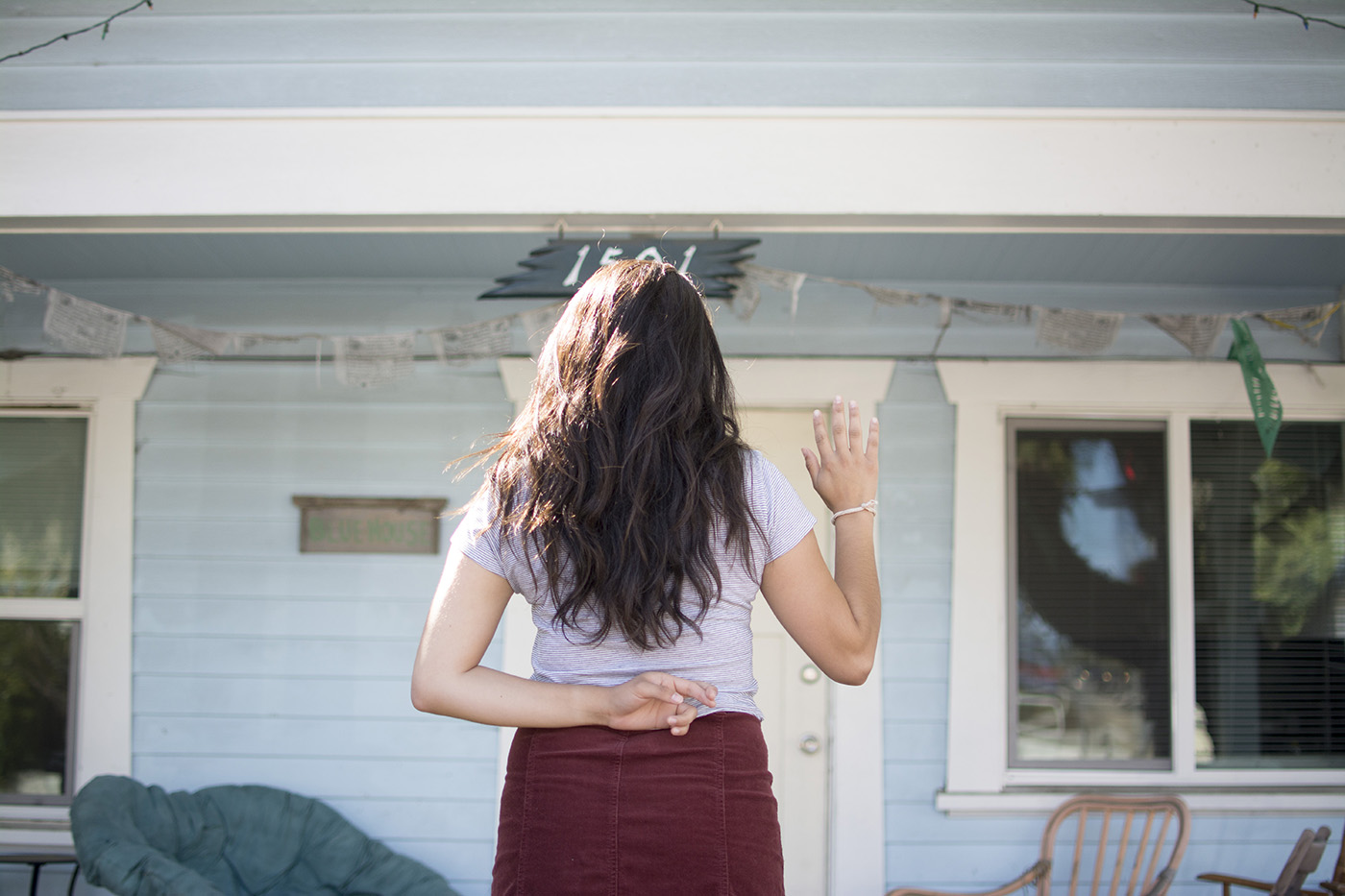University Police Department (UPD) saw significant increase in the number of scams students reported in Fall 2018 compared to previous quarters. Some of the major scams reported included kidnapping scams, online sales scams, phone calls about arrest warrants and requests for personal assistants.
“Being in a college community is like Disneyland for criminals,” UPD Officer Frank Herrera said. “They see easy targets and they just go for it.”
According to Herrera, students have received phone calls saying either a friend, family member or roommate has been kidnapped and that the student needs to deposit a certain amount of money, or they will kill the individual.
It is a similar protocol with the arrest warrant scam. Students will receive a phone call saying there is a warrant out for their arrest and they need to pay a certain amount of money.
Herrera explained that one of the best things for students to do in this situation, whether it be a phone call regarding kidnapping or an arrest warrant, is to always get the authorities involved and never send money. The police are not able to intervene once the money is shipped overseas.
“A lot of time the money is sent overseas to other countries and there’s nothing we can do once it leaves, even when you purchase these cards and you send them out and you learn that it is a scam, businesses aren’t going to refund you the money, so it’s a lost cause,” Herrera said.

The personal assistant scam was not often seen before Fall 2018, Herrera said. Students reported receiving emails asking for a personal assistant. The scammer would send the student a check and tell them to keep half for themselves, deposit half to an iTunes card or Google play card and send the person the card numbers. Usually by the time students realize it is a bad check, it is too late, Herrera said.
“The reason they target a lot of students is because they know that students are in need of money,” Herrera said. “They know they are having to pay for school and it’s an easy way to make cash without even realizing that it is a scam.”
Herrera said that online sale scams were particularly common last quarter. Students who sold items on Craigslist or a public marketplace would receive a check for too much and the buyer would ask for the excess money through Western Union or iTunes cards. Once the student has given the person their money back, they realize the check they get in return is a bad check. Another common example of this is students buying something and not getting any product in return.
As students begin searching for housing for the next school year, UPD also saw scams related to housing. People posted listings for new places that are not actually for sale and still took deposit money.
Cal Poly almuna and current program coordinator at the Cal Poly Upward Bound Program Melissa Giddens said people were knocking on her door in San Luis Obispo saying they filled out an application for the house and were checking out the place they were going to move into next year, when in fact no one in her house put the property on the market nor moving out.
As far as Giddens knew, no one has given these people money yet, but students filled out applications with all of their personal information.
“It is scary to think of what they could be doing with that information,” Giddens said. “They ask for first month’s rent and the way that they want you to send it is they give these people a bank account number and say, ‘Just deposit it in this account you’ll be all good and the house is yours.'”
People have been showing up at her house since Spring 2018. She has personally been there for three or four different groups of people coming to her door. Giddens, along with those who were scammed, filed the incident with the police. However, nothing can be done unless there is true financial loss.
Giddens explained some things that are important for students to think about when looking for housing based off of her experience.
“Meeting someone is better. It is not good to go off of someones contact information or email,” Giddens said. “This lady always says something like, ‘I’m in Texas managing another property’ and never seems to meet anyone.”
While UPD can only do so much in response to these scams, they use social media as a platform to inform students on the current trends in what the police are seeing through their safety tips posted on both Twitter and Facebook.

